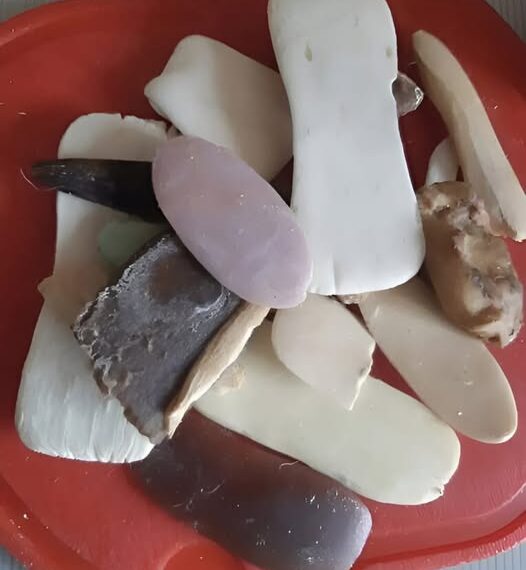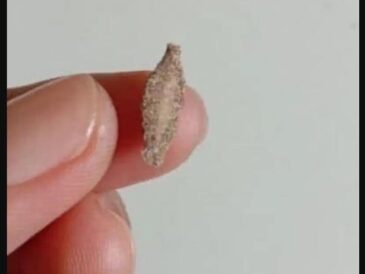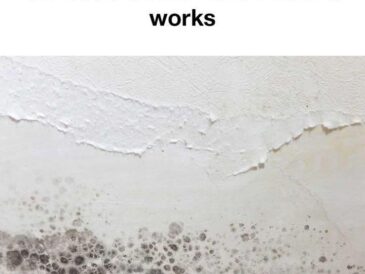🥄 Step 1: Prepare the Soap Scum
- Collect your leftover soap pieces.
- Use a grater or knife to finely chop or shred them. The smaller the pieces, the faster they will dissolve.
💧 Step 2: Dissolve the Soap
- Add 3 cups of water to your saucepan.
- Pour in the soap scraps.
- Heat gently over low-medium heat, stirring often until the soap completely melts (about 10–15 minutes).
- Don’t let it boil — just warm enough to dissolve the soap.
🧪 Step 3: Add Glycerin (Optional)
- Once the soap is melted, stir in 1 tablespoon of glycerin.
- This step makes the soap gentler on skin and improves its consistency.
🌸 Step 4: Add Essential Oils (Optional)
- Remove from heat and let the mixture cool for 5 minutes.
- Add a few drops of essential oils like lavender, peppermint, or lemon for fragrance.
🧊 Step 5: Cool and Blend (If Needed)
- Let the soap cool completely. It may thicken as it sits.
- If it’s too lumpy or jelly-like, you can blend it briefly to achieve a smoother texture.
🧴 Step 6: Bottle It Up
- Use a funnel to pour your homemade liquid soap into a pump bottle or recycled container.
- Label it clearly and shake before each use if needed.
🧼 Tips for Best Results
- Soap-to-water ratio: Use more water for a thinner soap, less water for a thicker product.
- Storage: Keep in a cool place. If water separation occurs, just shake before use.
- Mold prevention: Use boiled or distilled water if you plan to store the soap for more than 2 weeks.
- Thickening options: Add a bit of salt or cornstarch (dissolved in warm water) to thicken if desired.
🌱 Eco-Friendly and Budget-Smart
Turning soap scum into liquid soap is not just clever — it’s good for the planet and your wallet. You’ll:
- Minimize waste
- Avoid buying new products
- Enjoy customized soap with scents and textures you love
Conclusion
Don’t toss those tiny soap ends! With just water and a little time, you can make a whole bottle of liquid soap from scraps. It’s a simple, sustainable habit that contributes to a more eco-conscious home.
Pages: 1 2




